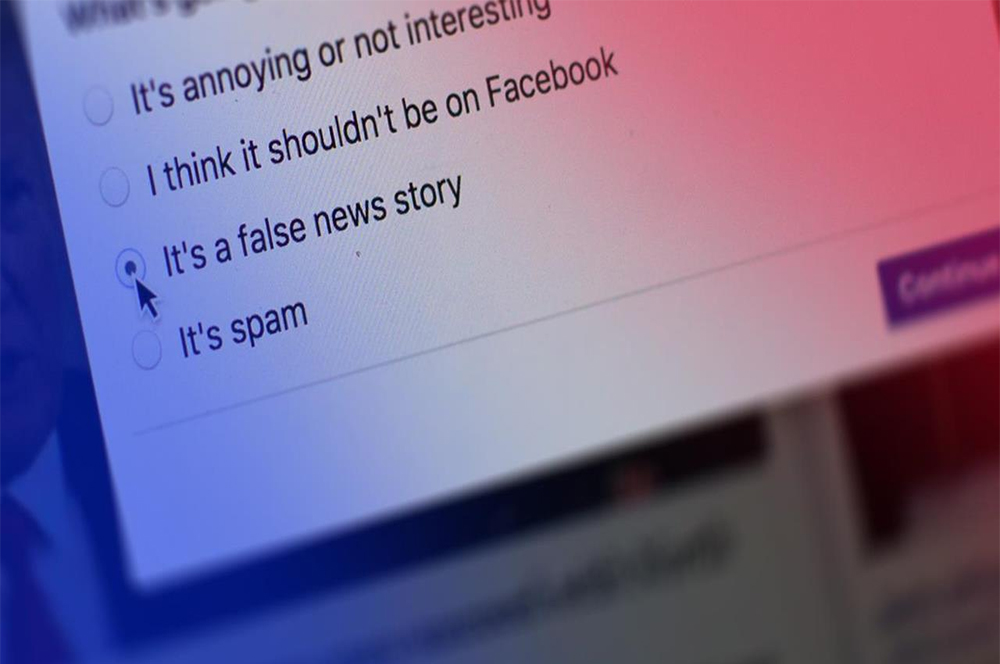MARY MILLER-ZURELL
It would be lovely if promoting fake news were a crime. However, I think one would need an indisputable definition of fake news and, probably, evidence of intent to harm, incite violence, deceive or otherwise cause havoc. A challenge still today is the age-old question, “What is truth?” Subjectivity seems to rule too often, and even objective fact, proven and replicable, is disputed and not accepted by many.
TOM BURKHALTER
“Fake news” arguably comes under the protection of the First Amendment. Prosecuting “fake news,” or creating a criminal statute to enable such prosecution, raises the issue of First Amendment protection. Therefore, any such statute must be worded to avoid a constitutional challenge.
The question must be asked: Is making “fake news” a criminal offense desirable? It’s reasonable to ask where such a precedent might lead. What if this opens the floodgates to successful statutory limitations on free speech? Remember the consequences of the Alien and Sedition Acts.
IAN NORTHRUP
Making fake news should not be a crime. Think about the umbrella that creates: Every opposition piece of news becomes criminal, then op-ed pieces. Where does it stop? Potentially a floodgate of new litigation over free speech. I don’t like that “fake news” is a thing, but do a little research before you take that article [you’ve just read] as a fact. So many “facts” are derived from biased opinion and are very open to interpretation.
JIM KALEMBER
Publishing “fake news” should not be a crime. The crime should be not labeling it as such. The Onion, [Andy] Borowitz and Mad Magazine are good examples.
KERRY GEORGE
Absolutely! I’m so tired of hearing the phrase “fake news.” Although I’ve come to expect it, I am physically irritated when Trump calls it fake news whenever something negative is said about him or his administration. It’s like a tic or something, my eye twitches — I’m afraid it will become permanent. Maybe we would all be better off if we just banned the phrase “fake news” for the next four years.
Now, satire is something else entirely. I think satire is important to our society. We all need a laugh, now more than ever. However, I also feel that satire should be clearly labeled as such because it’s become obvious there are some folks who simply cannot see the humor in any situation.
ESTHER HEIMBERG
Free speech does not include shouting fire in a crowded theater.
STEVEN MABRY
Let’s begin with two fundamentals that Americans work diligently to teach their children: honesty and integrity. Perhaps I’m misunderstanding, but “fake news” seems to begin with an intent to publish an untruth. By definition, that could and ought to be construed as a deliberate lie, and often it derives from a willful intent to harm another person or entity. Last time I checked, it was unlawful to speak damaging falsehoods in public and one can be sued for doing so.
I don’t really care who sues whom or when or why, but I do care about living in a country that stands for honesty and integrity. Americans seem to be caving on many standards that have formed the basis of our more perfect union for generations. To preserve our way of life we must pay attention to basic decency.
ROD REYES
Articles that do not identify themselves as satire or parody can only cause harm, even if that harm is “only” less credibility for actual news. I’d prefer to see such labeling; then it would be easier to spot maliciously false stories.

